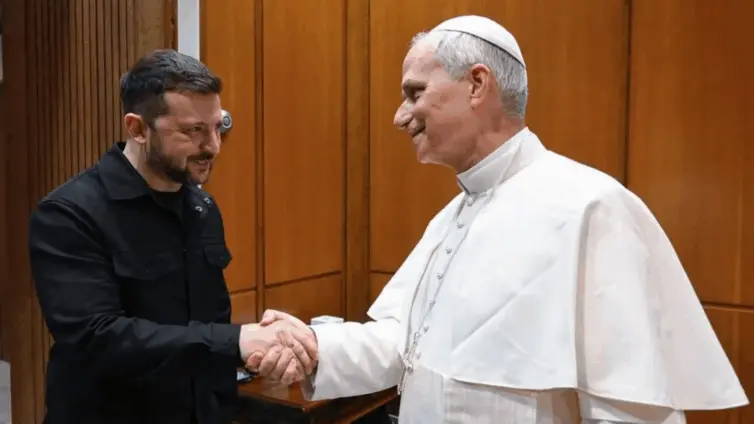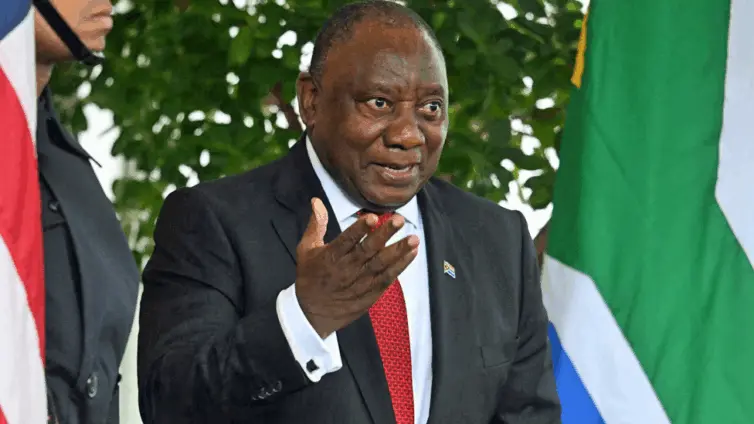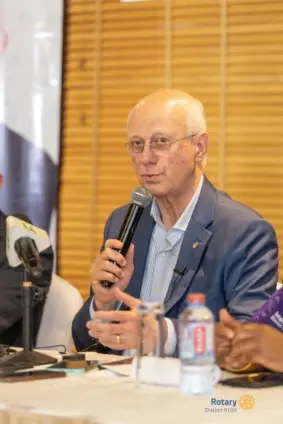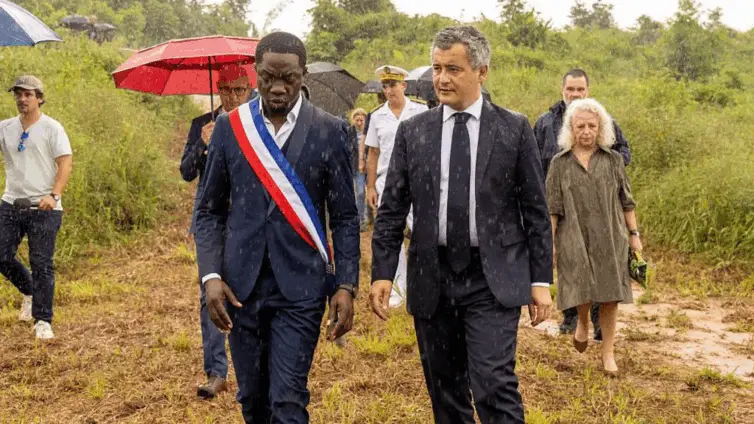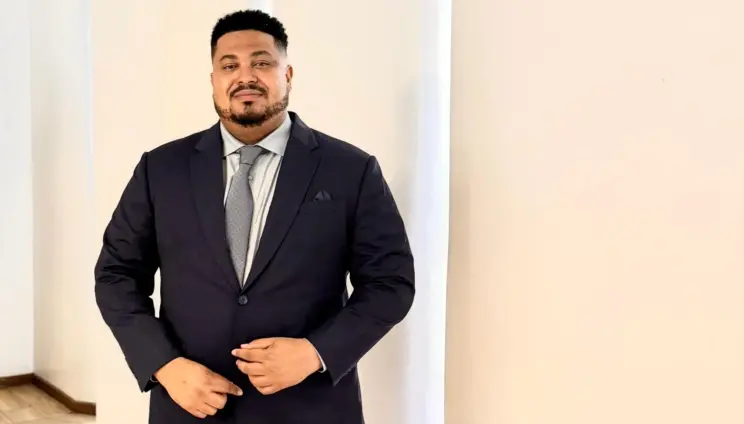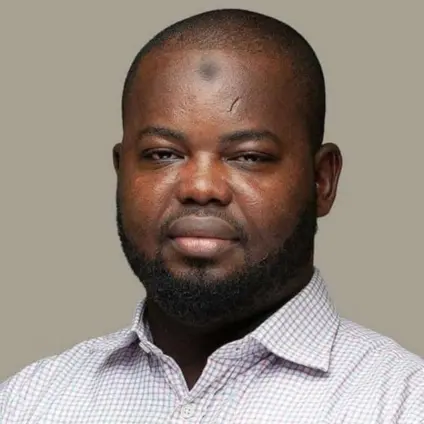As the war in Ukraine grinds on, Italy has signaled its support for a proposal that could bring a surprising player to the negotiating table: the Vatican. The suggestion, initially floated by former U.S. President Donald Trump, involves leveraging the Vatican’s unique position to mediate ceasefire talks between Russia and Ukraine. Prime Minister Giorgia Meloni’s office has indicated Italy’s willingness to facilitate such peace efforts, expressing a positive view of Pope Francis’s potential role. But as with all things related to the conflict, the path to peace is paved with complexities, and the willingness of all parties to engage remains a significant question. The prospect of the Vatican playing mediator to the war seems, for now, more an aspiration than a fully formed plan.
While Trump’s suggestion has sparked conversation, the reality is more nuanced. The Holy See itself has tempered expectations, characterizing the idea as “more a hope for now than any concrete plan.” Yet, Ukraine has cautiously welcomed the possibility of the Vatican hosting discussions. President Volodymyr Zelensky, in discussions with Meloni, reportedly mentioned exploring “possible platforms for talks with the Russians,” referencing Turkey and Switzerland alongside the Vatican. The central question, however, is whether Russia would accept the Vatican as a neutral and effective mediator.
Pope Francis, known for his diplomatic approach, has stated the Vatican is “always ready” to bring warring parties together and will “make every effort” to foster peace. He has also been on record denouncing Russia’s invasion as an act of imperialist aggression, a stance that could influence his credibility with Moscow. Whether the Vatican can bridge the seemingly insurmountable divide between Russia and Ukraine remains to be seen.
For its part, the Kremlin appears to prefer Turkey as a venue for any potential talks, alluding to the “Istanbul Plus” framework – a reference to initial discussions held in Turkey shortly after the full-scale invasion began. These preliminary talks centered on terms that, at this stage of the conflict, would be unacceptable to Ukraine, including a drastic reduction in its military capabilities. Russia’s current demands also include recognition of its annexation of four partially occupied regions of Ukraine, as well as Crimea, making any negotiated settlement exceedingly difficult. From the Kremlin’s perspective, the specific location of the talks is secondary to ensuring that the discussions proceed on Vladimir Putin’s terms. These terms must include an end to military aid by the US and the EU, as well as the removal of Zelensky, in Putin’s eyes, according to Tatiana Stanovaya from the Carnegie Russia Eurasia Centre.
“Putin can explain his position to the Pope, he believes it’s just. In his mind, it’s Ukraine that’s not serious about peace talks,” Stanovaya argues. She also casts doubt on the Pope’s ability to influence Putin’s thinking, stating, “I don’t believe for one second that the Pope could affect Putin’s understanding in any way.” With Russia under limited pressure to compromise, it appears to be pursuing a long-term strategy, betting that Western support for Ukraine will eventually wane.
The Catholic Church has a history of mediating international conflicts, and has also been involved in humanitarian efforts related to the war in Ukraine, including prisoner exchanges and facilitating the return of Ukrainian children abducted by Russia. The involvement of Pope Francis could introduce a more subdued and considered tone to the proceedings, a marked contrast to Trump’s more assertive approach. The Vatican prides itself on its diplomatic capabilities, maintaining channels of communication with Moscow even as other nations severed ties. However, a cardinal envoy dispatched to the Kremlin after the invasion had little discernible impact.
The Vatican’s previous pronouncements on the conflict have also drawn criticism. Pope Francis previously drew the ire of Ukrainians by suggesting that Russia was “provoked” by NATO expansion and even suggesting that Kyiv should “raise the white flag” and surrender, comments that raised questions about his neutrality and understanding of the conflict.
Italy, under Prime Minister Giorgia Meloni, stands ready to “facilitate contacts and work towards peace” in Ukraine, viewing the Pope’s willingness to host talks positively. Meloni reportedly has “cool ideas” regarding alternative platforms for discussions, including Turkey and Switzerland. Italy’s support aligns with broader international efforts to find a peaceful resolution to the conflict and a way to end the Russian war.
While Meloni supports Trump’s Vatican war mediation plan, the path to a ceasefire in Ukraine remains complex and uncertain. Russia’s preconditions and lack of pressure to compromise pose significant challenges. The Vatican’s potential role, while offering moral authority, is not without its own controversies and limitations. Whether the Vatican can truly facilitate meaningful progress hinges on the willingness of all parties to engage in good-faith negotiations, a prospect that currently appears slim. The situation extends beyond venue disputes; the underlying issue is the deep-seated conflict and Russia’s intent.
Image Source: MYJOYONLINE

